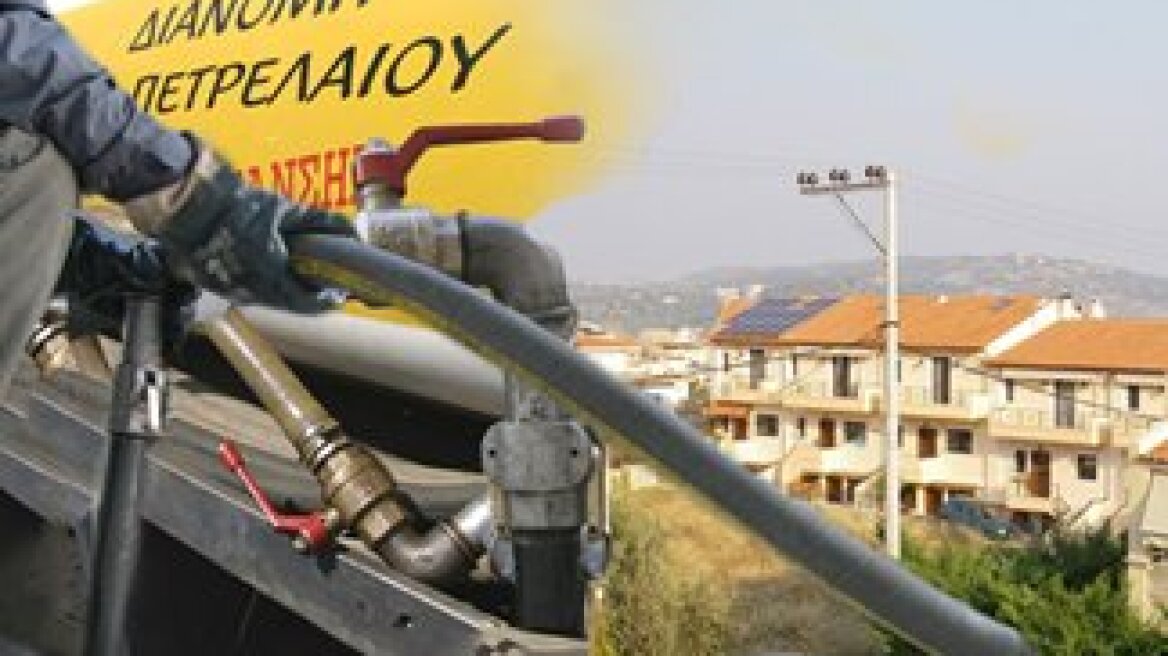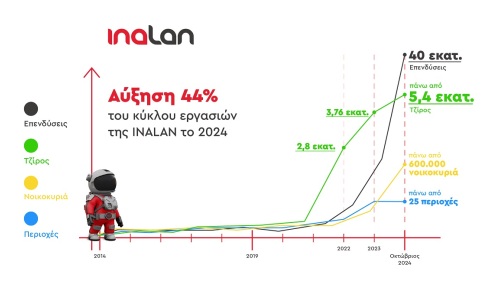
The 3-billion-euro measure package has caused quite a stir
The 3-billion-euro measure package has caused quite a stir
The government is starting a race as they will now need to implement those measures that were left behind because of the elections.

UPD:
The government is starting a race as they will now need to implement
those measures that were left behind because of the elections.
The economic team should take measures amounting to 3 billion that were provided for in the 2012 budget but have not been implemented so far.
These measures were agreed with the Troika by Papademos’ government in March 2012 in order to compensate for deviations from the original budget estimates, and the three main ones are: cutting the special pay scales by 12%, equating the consumption tax of heating oil with diesel fuel and the new hike in real estate.
According to the initial calculations, the government expects to collect 2.2 billion euros from the real estate hike, 600 million from the tax equalization on heating oil with diesel fuel and 205 million from the special pay scales. All this should be done by July 24, when the Troika auditors return to Athens.
The Finance ministry argues that despite the expected social reactions, these measures will lead to a positive recommendation from the Troika and the opening of negotiations on the extension of the Greek program for 2 years.
The Finance minister has ordered that the real estate notices be sent no later than July 24, even if the number of installments that are subject to negotiation with the Troika is not clear yet.
Regarding the equalization of heating oil with diesel fuel, it is a measure within the memorandum and the law has long been passed, and officials have recorded 600-million-euro revenue in the budget. However, it will lead to an increase of 40% on heating oil, which will reach 1,40 euros in the autumn from 1 euro last year.
These measures were agreed with the Troika by Papademos’ government in March 2012 in order to compensate for deviations from the original budget estimates, and the three main ones are: cutting the special pay scales by 12%, equating the consumption tax of heating oil with diesel fuel and the new hike in real estate.
According to the initial calculations, the government expects to collect 2.2 billion euros from the real estate hike, 600 million from the tax equalization on heating oil with diesel fuel and 205 million from the special pay scales. All this should be done by July 24, when the Troika auditors return to Athens.
The Finance ministry argues that despite the expected social reactions, these measures will lead to a positive recommendation from the Troika and the opening of negotiations on the extension of the Greek program for 2 years.
The Finance minister has ordered that the real estate notices be sent no later than July 24, even if the number of installments that are subject to negotiation with the Troika is not clear yet.
Regarding the equalization of heating oil with diesel fuel, it is a measure within the memorandum and the law has long been passed, and officials have recorded 600-million-euro revenue in the budget. However, it will lead to an increase of 40% on heating oil, which will reach 1,40 euros in the autumn from 1 euro last year.
The Finance ministry must immediately proceed to the weighted average cut of special payrolls by 12%, which will hit approximately 195,000 public workers and put 200 million euros in 2012 and 400 million in 2013 in the State funds. This is for judicial officials, academics, uniformed police and army personnel, NHS doctors, diplomats and high-ranking priests, whose wages range from 2,000 to 6,500 euros per year, costing 5.9 billion or 1/3 of the State’s total salary expenditure. In some categories, the reduction may be larger, perhaps 20%, and the cuts will have a retroactive effect. the government is looking for equivalent measures to minimize the blow on certain categories of public employees, such as uniformed police and army personnel.
UPD:
Ακολουθήστε το protothema.gr στο Google News και μάθετε πρώτοι όλες τις ειδήσεις
Δείτε όλες τις τελευταίες Ειδήσεις από την Ελλάδα και τον Κόσμο, τη στιγμή που συμβαίνουν, στο Protothema.gr
Δείτε όλες τις τελευταίες Ειδήσεις από την Ελλάδα και τον Κόσμο, τη στιγμή που συμβαίνουν, στο Protothema.gr
ΡΟΗ ΕΙΔΗΣΕΩΝ
Ειδήσεις
Δημοφιλή
Σχολιασμένα






































